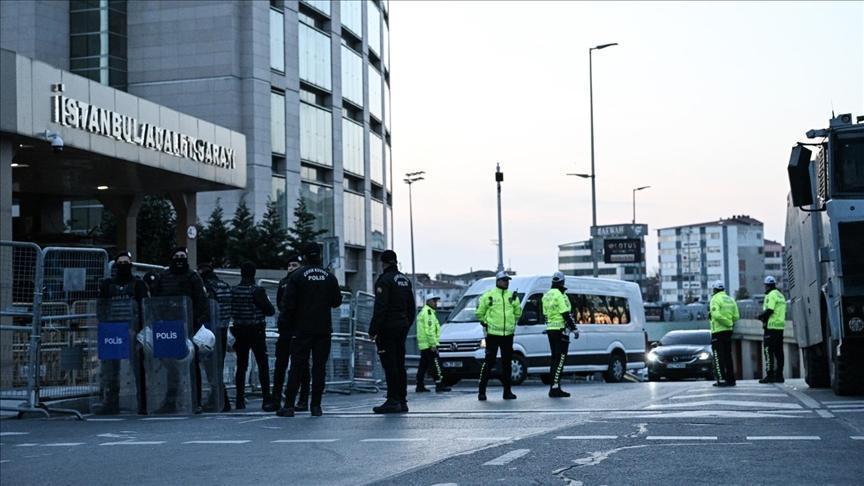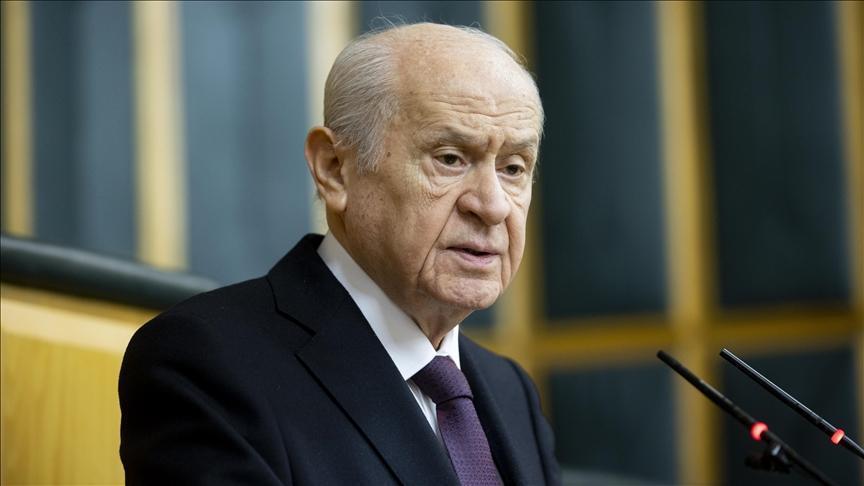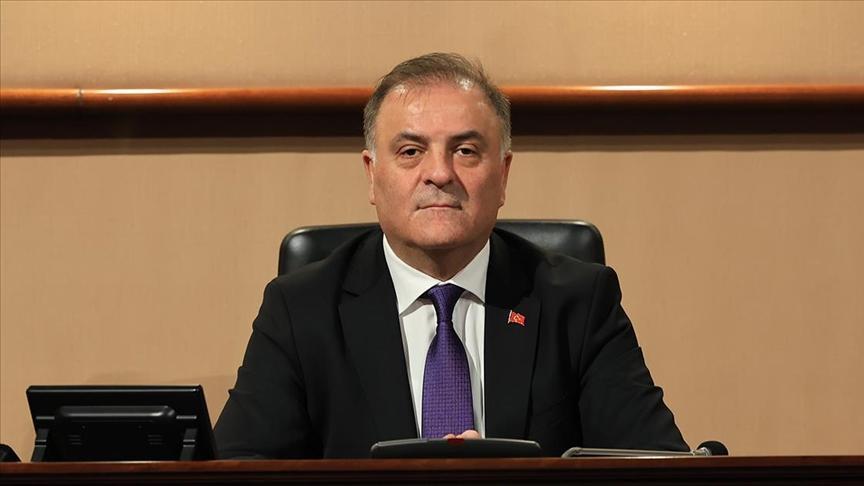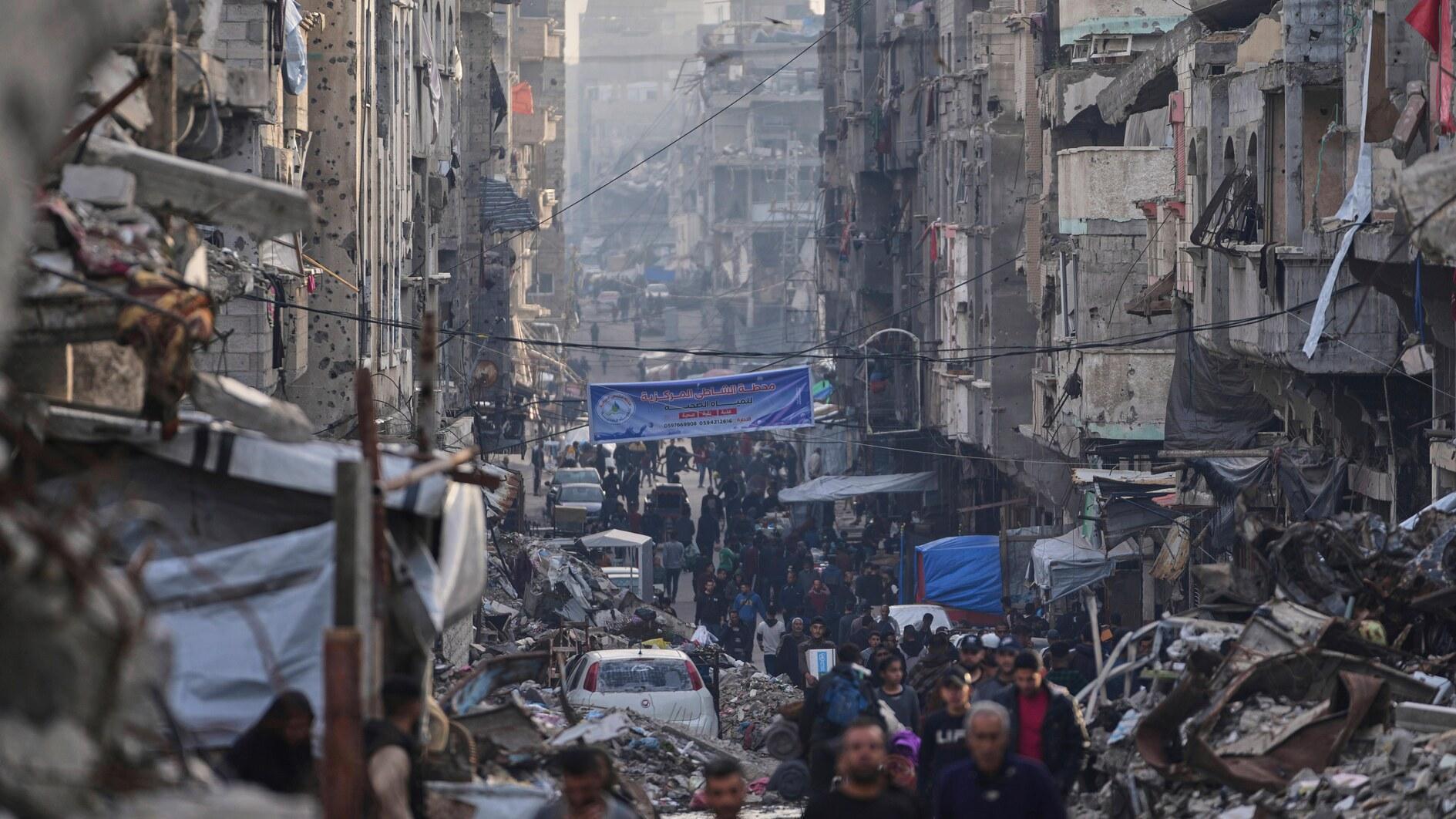Turkey warns Russia over border security
Deniz Zeyrek - ANKARA
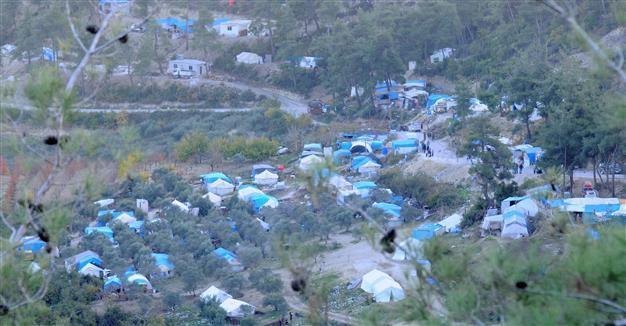
Turkmens and Arabs escaped to the outskirts of Latakia's Yamadı village and erected tents in the surrounding olive groves. AA Photo
Turkey has warned Russia it has every right to retaliate and take necessary measures in the event its border security is threatened as a result of the Russian military’s operations targeting civilian Turkmen Syrians on the Turkish-Syrian border.The warning was conveyed to Russian Ambassador to Turkey Andrei Karlov on Nov. 19, as he was summoned to the Foreign Ministry in reaction to Russian air strikes on Turkmen villages in northwestern Syria only a few kilometers from the Turkish border, daily Hürriyet has learned from reliable sources.
Along with Karlov, Russia’s military attaché was also summoned to the Foreign Ministry, where three points were reportedly brought to Moscow’s attention. Those three points were defined as follows:
1-The operations of the Russian army were taking place in areas very close to Turkey’s border. This increased the possibility of a de facto situation which could threaten Turkey’s border security. It should be noted Turkey’s rules of engagement were in place and there will be no hesitation to implement them if such a violation occurs.
2-The area where Russian operations were being conducted was free of the Islamic State of Iraq and the Levant (ISIL) or other terrorist groups. There are Turkmens living in this area. Civilians Turkmens were being harmed by Russia’s operations. It should be noted Turkey won’t be indifferent to attacks targeting the life security of Turkmen.
3-Military operations cause more civilians to leave their homes. A new refugee influx is at the door. Russia’s operations in that particular region could also hurt Turkey’s humanitarian efforts as well.
Turkey, Russia in close dialogue
Turkey and Russia continued their dialogue over the weekend, Turkish Foreign Minister Feridun Sinirlioğlu told Hürriyet on Nov. 23, adding he also talked to U.S. Secretary of State John Kerry on late Nov. 20. Sinirlioğlu said he shared Turkey’s concerns over the recent military campaign targeting Turkmens just across the Turkish border in his conversation with both his Russian and American counterparts.
The issue will also be on the agenda of a meeting between the Turkish and Russian foreign ministers, who will come together on Nov. 25 in Istanbul. The meeting will address a number of bilateral economic and energy issues as part of preparations for the Turkey-Russia high-level cooperation council meeting to take place on Dec. 15 in Moscow. However, Sinirlioğlu and Lavrov will also discuss Syria-related issues as well with a particular emphasis on Russia’s recent military operations along the border.
Assad in efforts to open a corridor to Idlib
In response to Turkey’s statements, Russian diplomatic and military sources argued the targets of their operations were terrorist groups and they did not conduct attacks on Turkmens.
However, according to assessments by counties in the U.S.-led coalition, Russia and Syrian President Bashar al-Assad’s regime were trying to open a corridor to Idlib, a northern city under the control of a coalition of opposition forces. Attacks being carried out around Jisr al-Shughur, a northern Syrian town only 20 kilometers from the Turkish border, aimed to take control of this very strategic spot to reach Idlib, the assessments indicated.
The Moscow-Damascus duo was trying to increase the area under their influence before the ceasefire to be implemented on Jan 1, 2016, according to the coalition countries. They believed al-Assad is trying to strengthen his authority in areas under his control and at the same establish a buffer zone around the enclave he is ruling.
Turkmens keep their positions
In the meantime, Sinirlioğlu admitted Turkmens were under heavy attack but underlined they were still able to keep their positions despite stories claiming the regime army gained control of the Kızıldağ region, a strategic point in northwestern Syria.
Damascus claimed they were advancing towards the north thanks to Russian air support. “They are sometimes advancing, sometimes pulling back,” Sinirlioğlu said.


